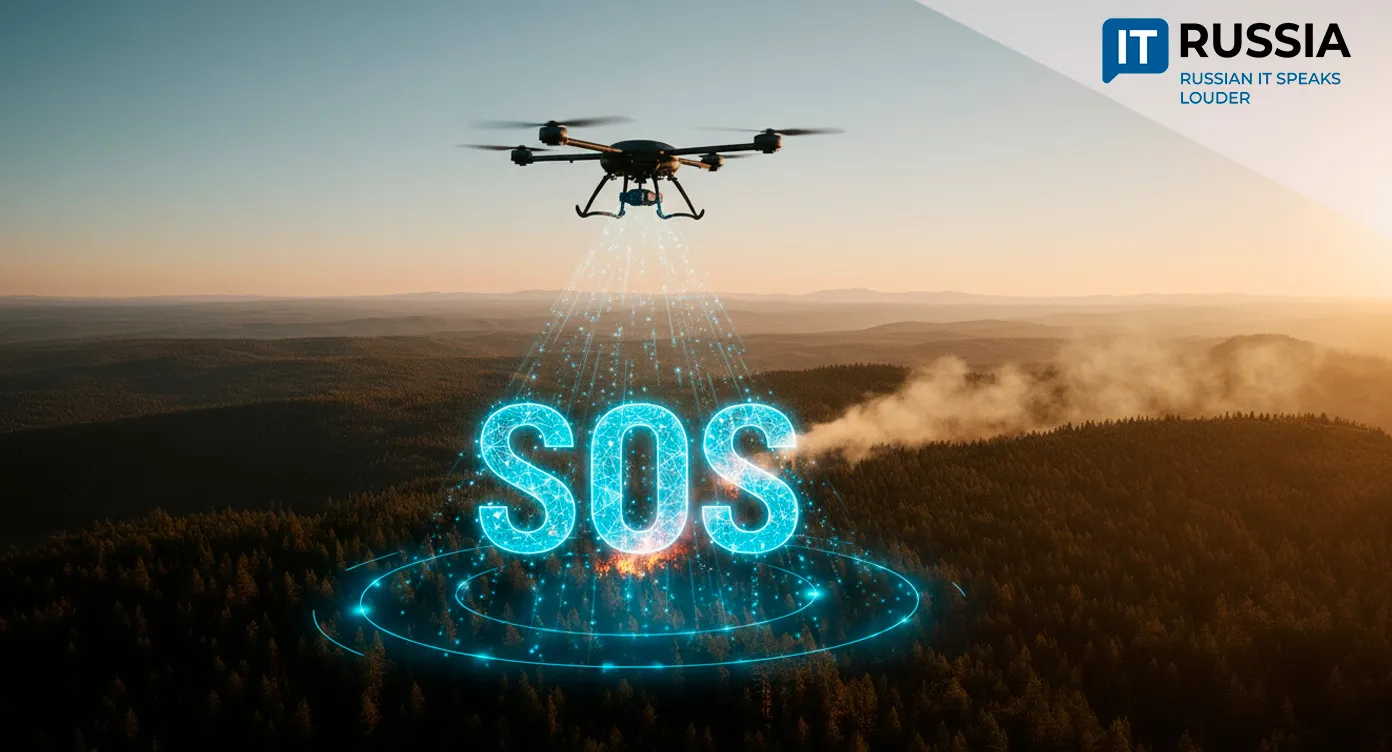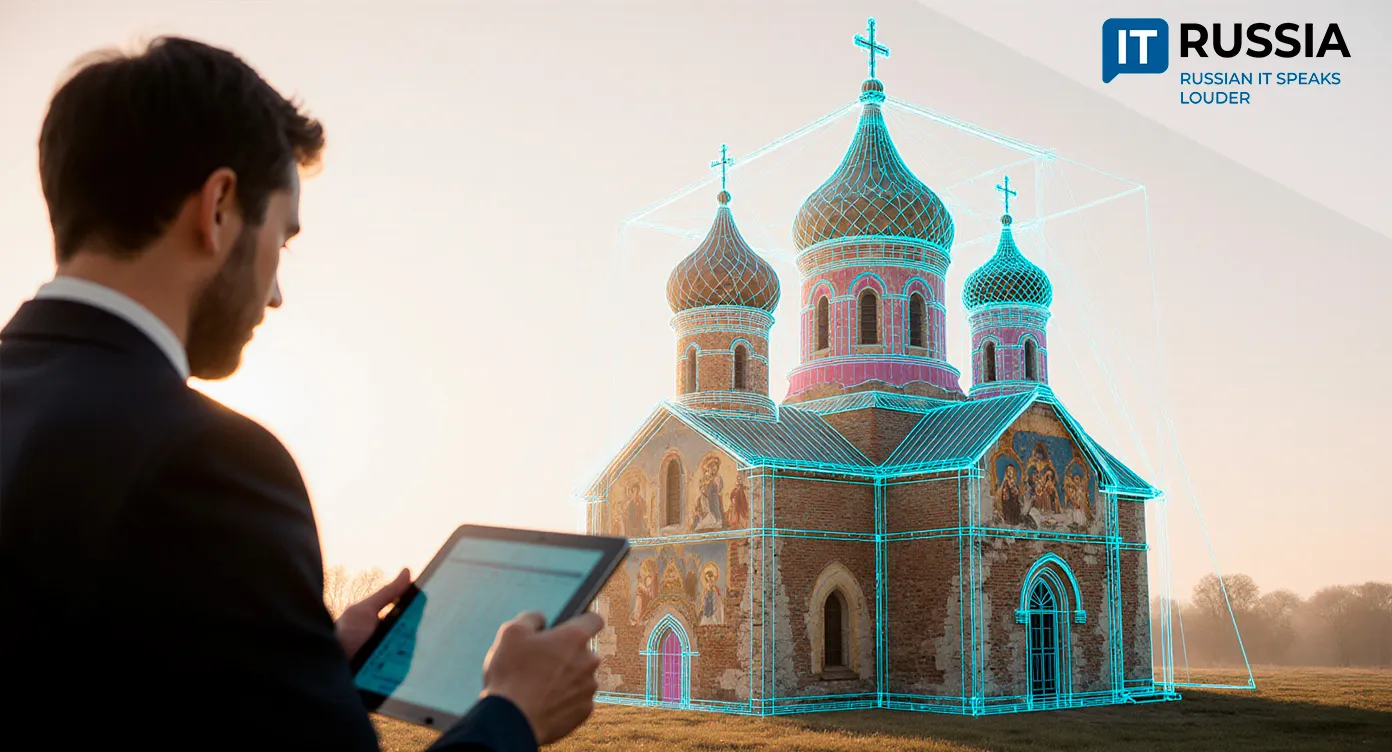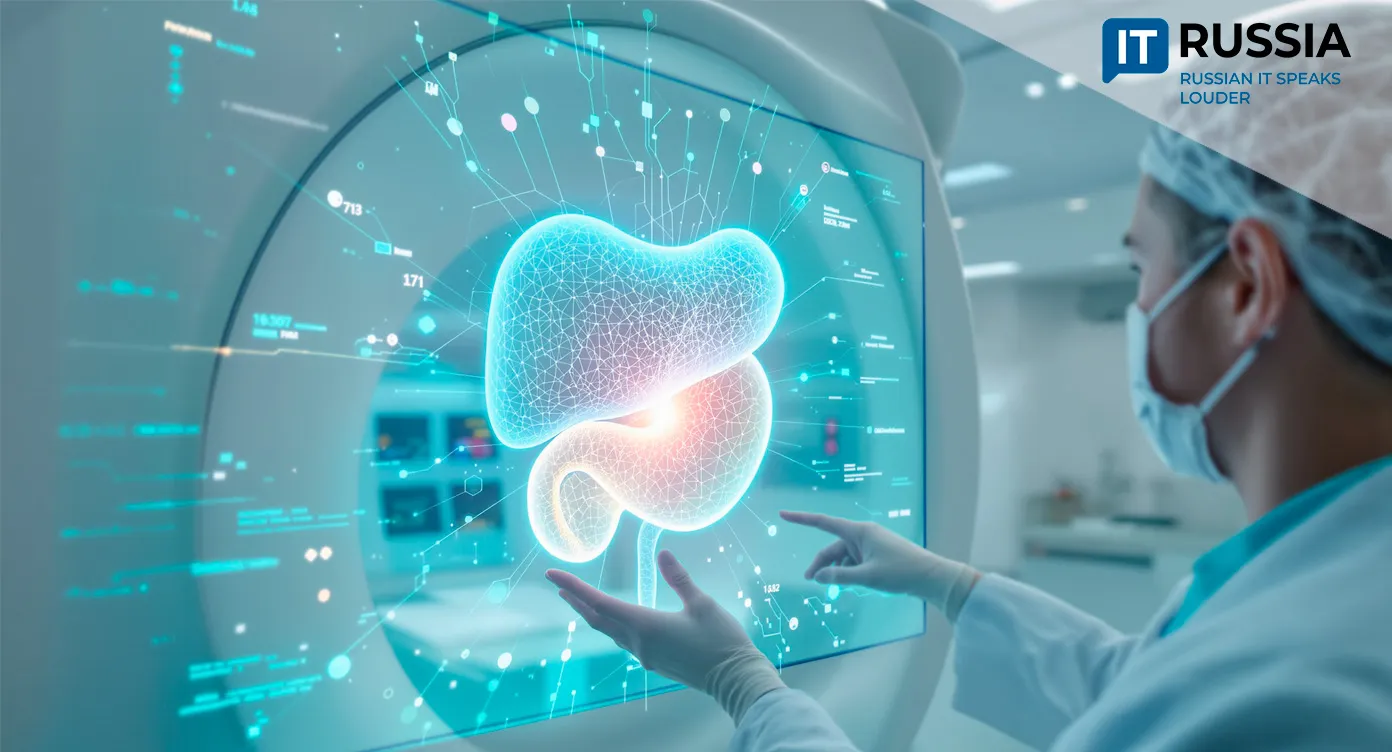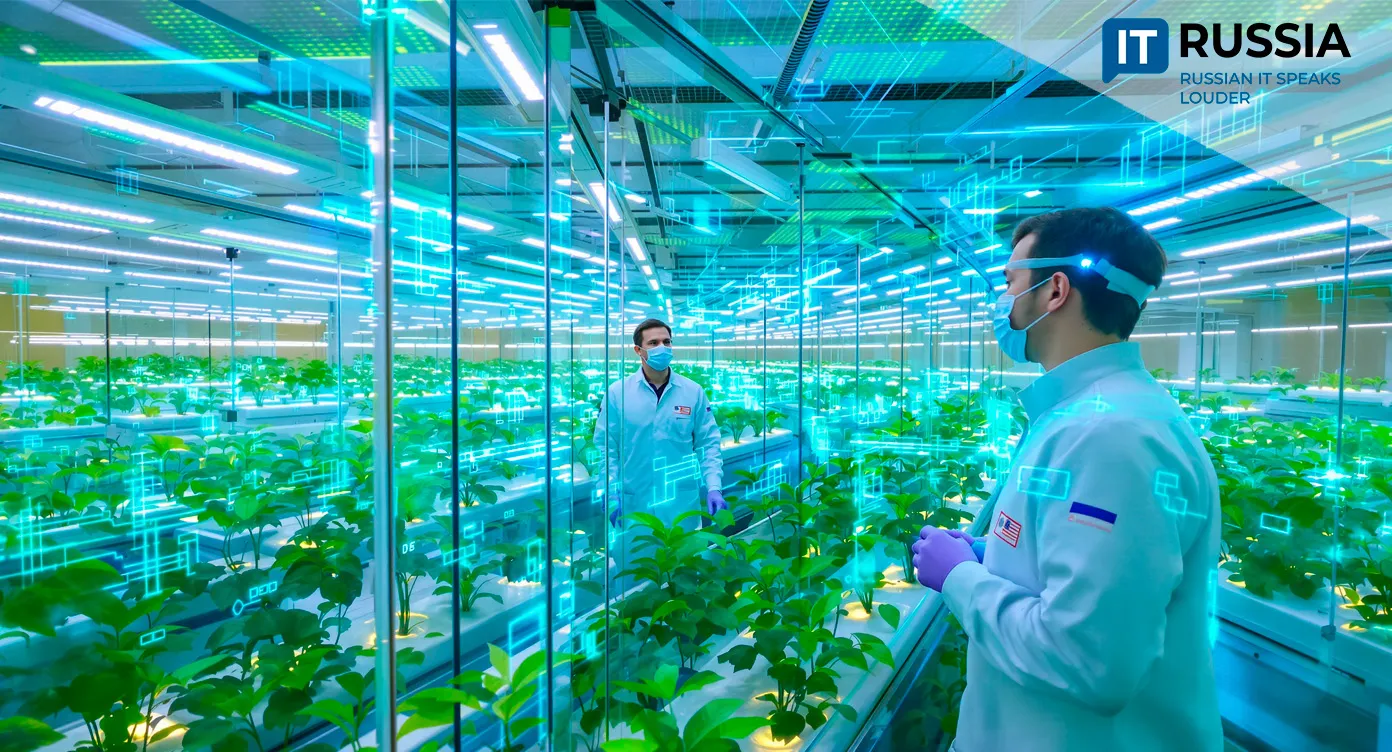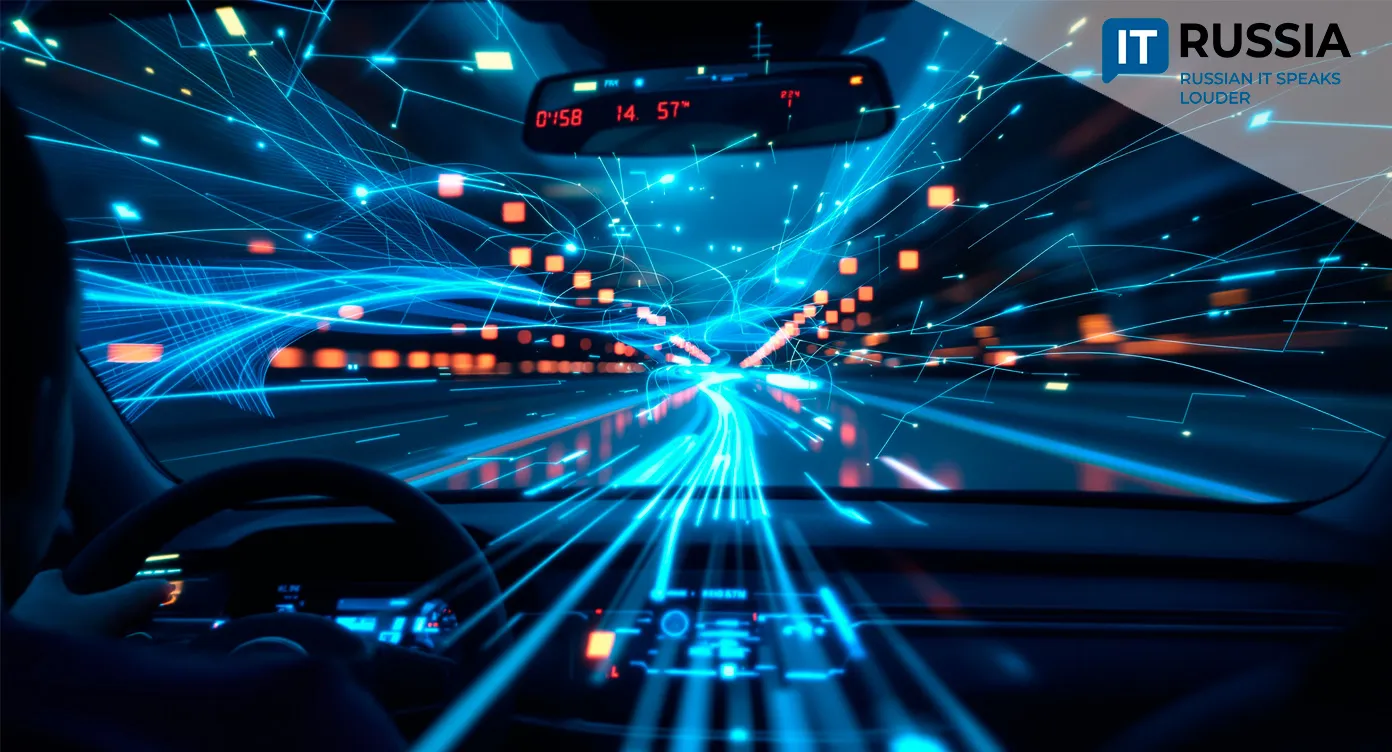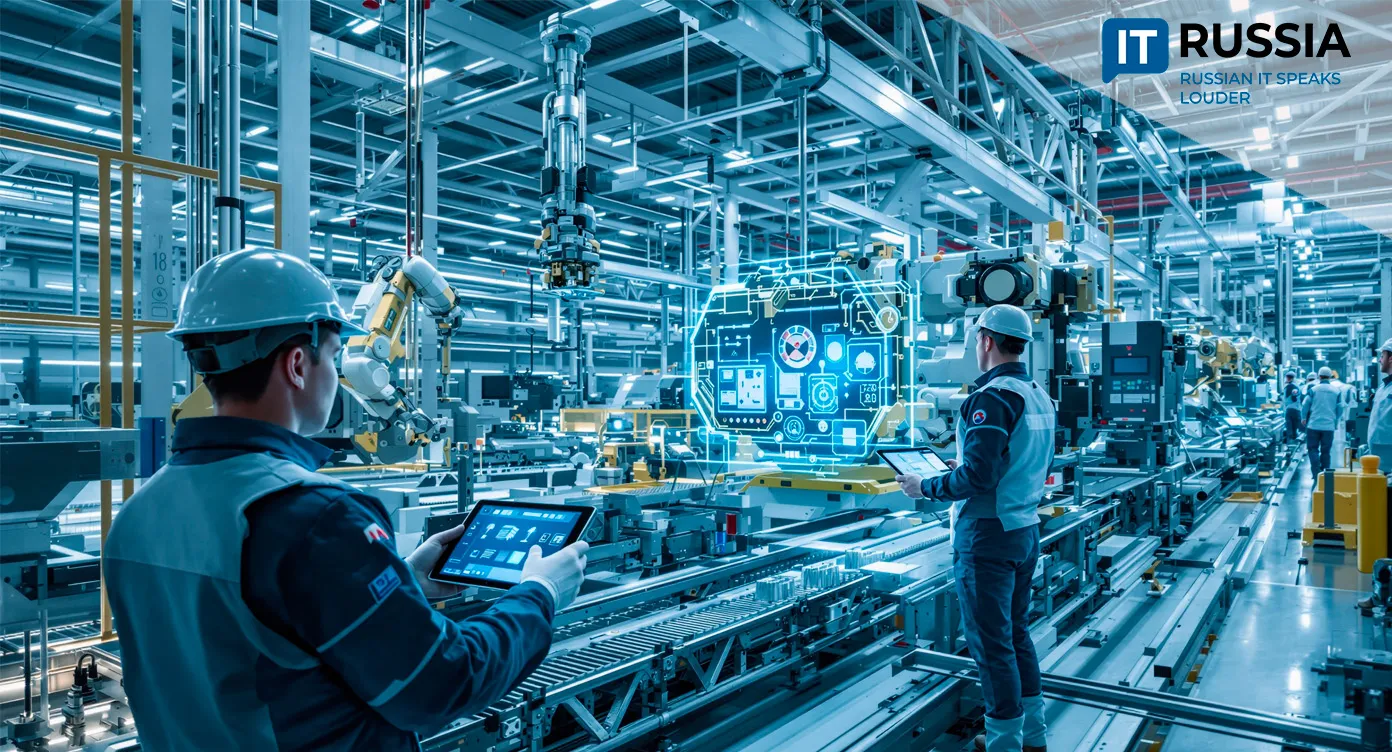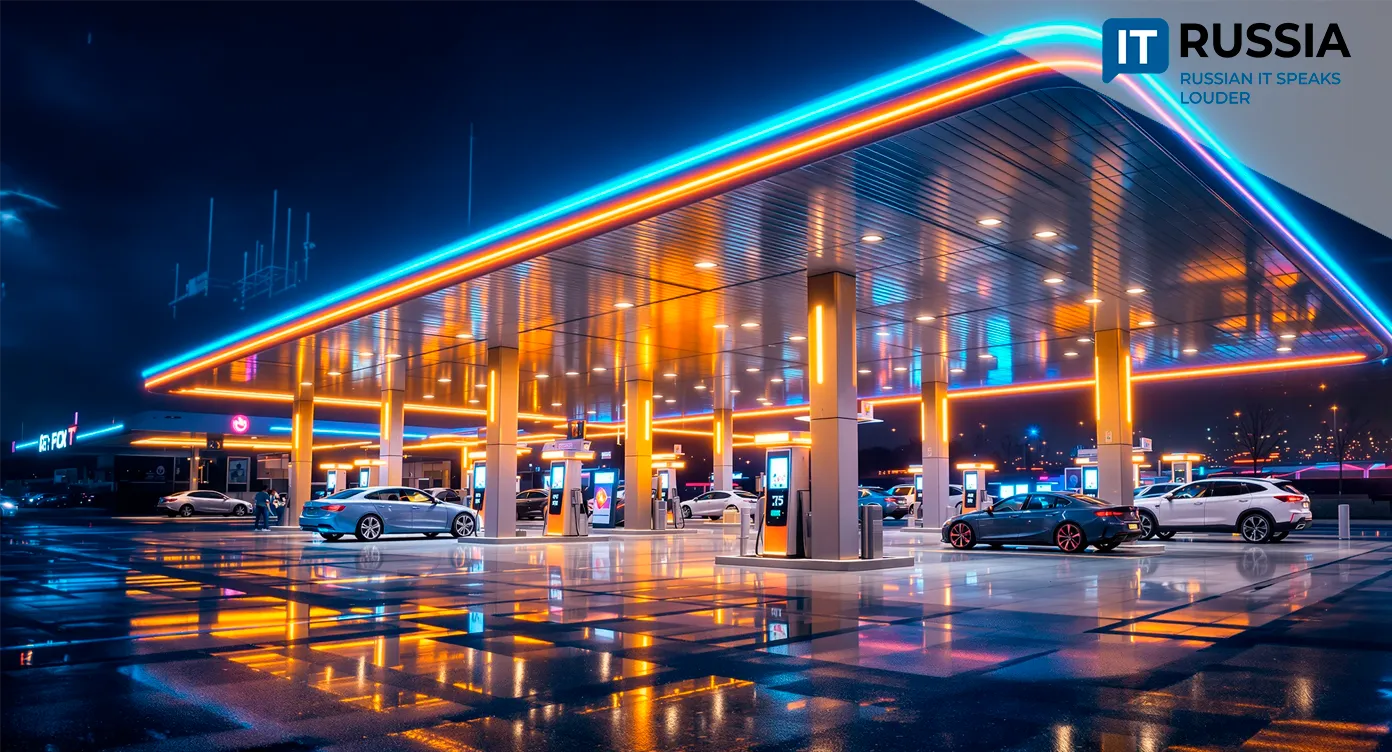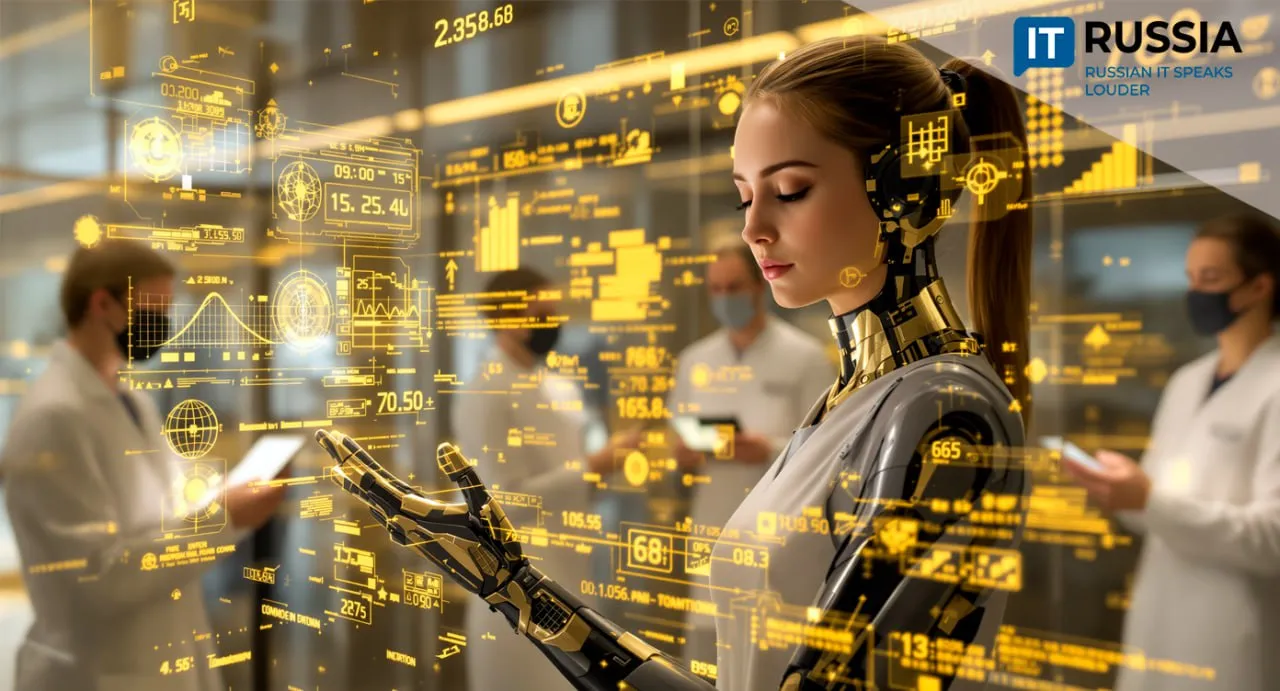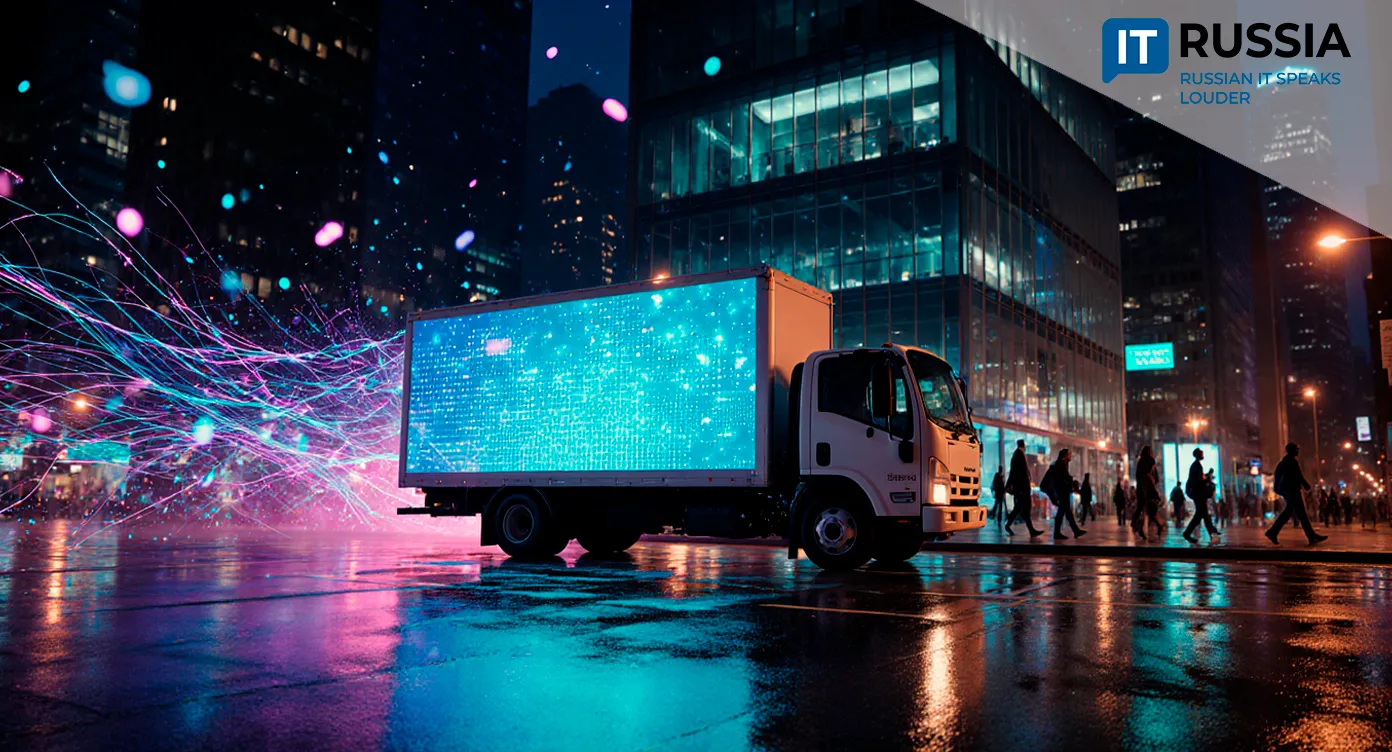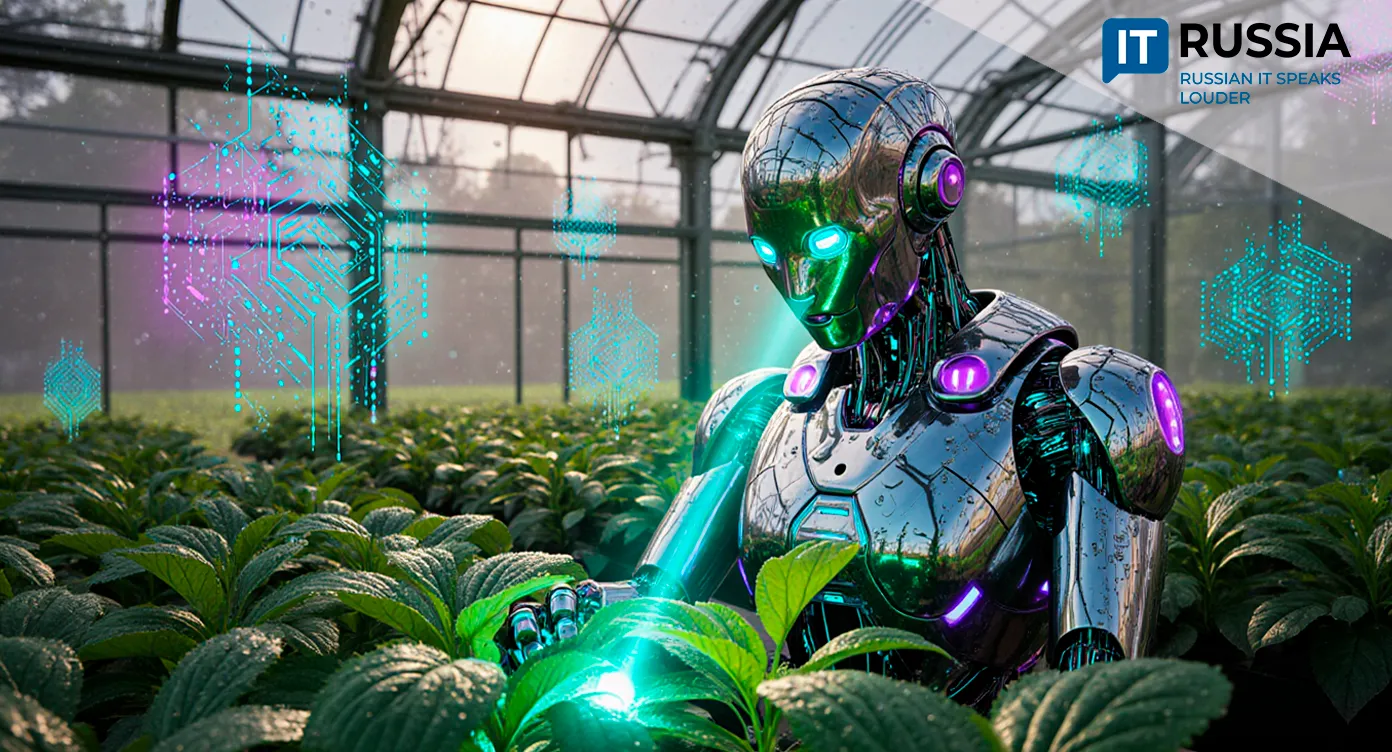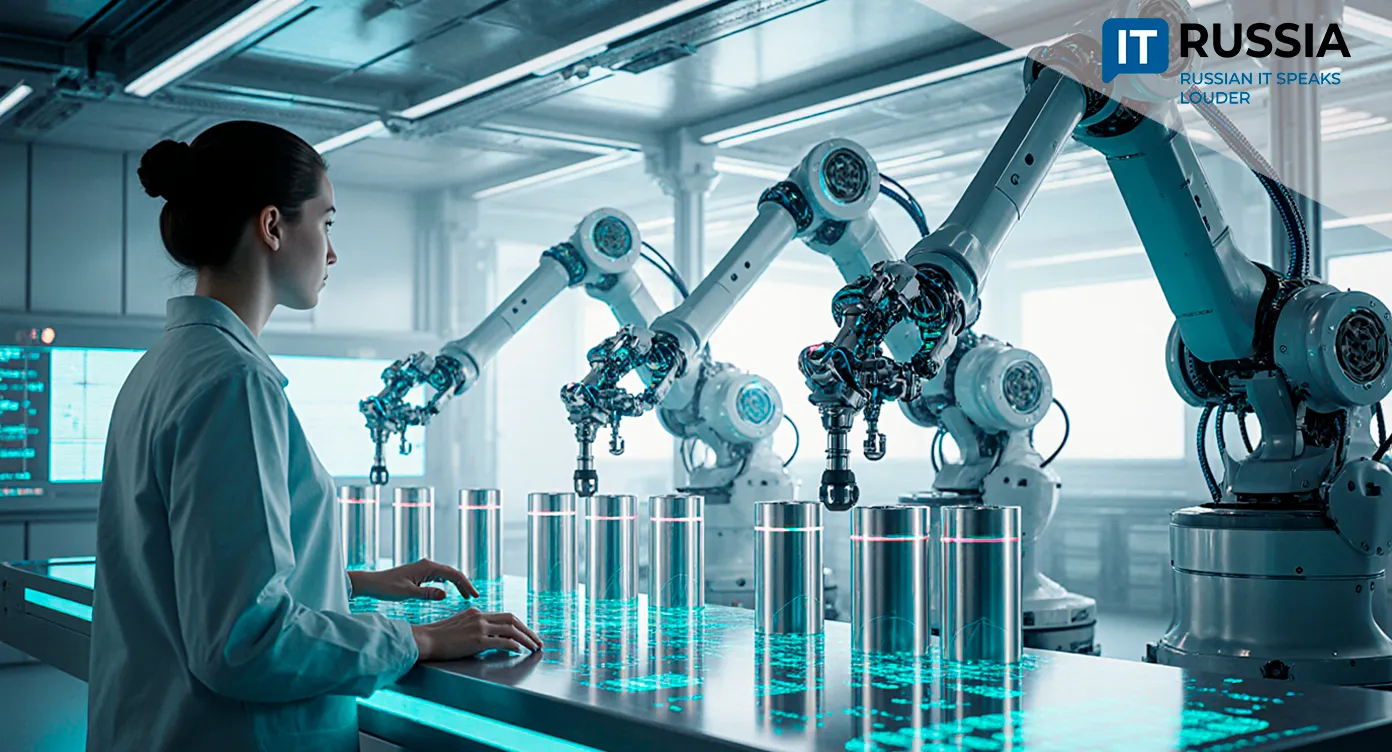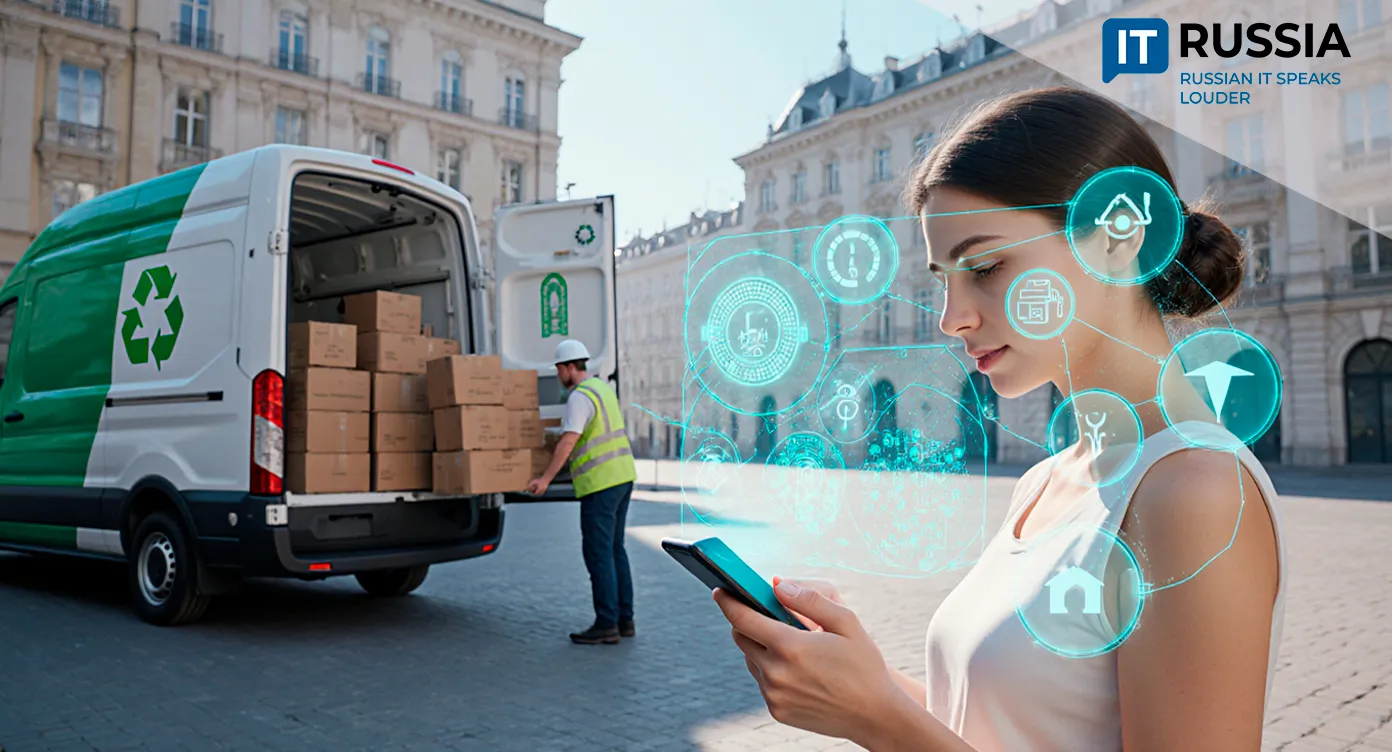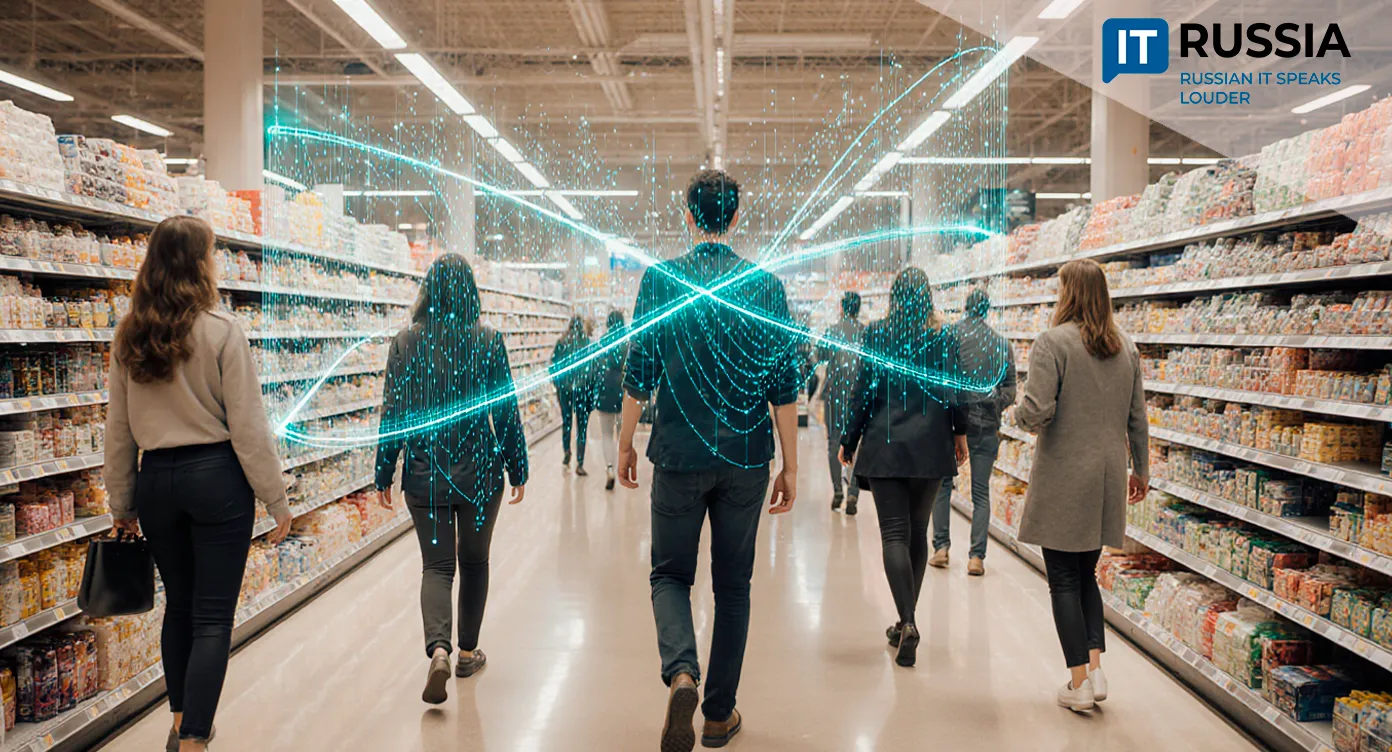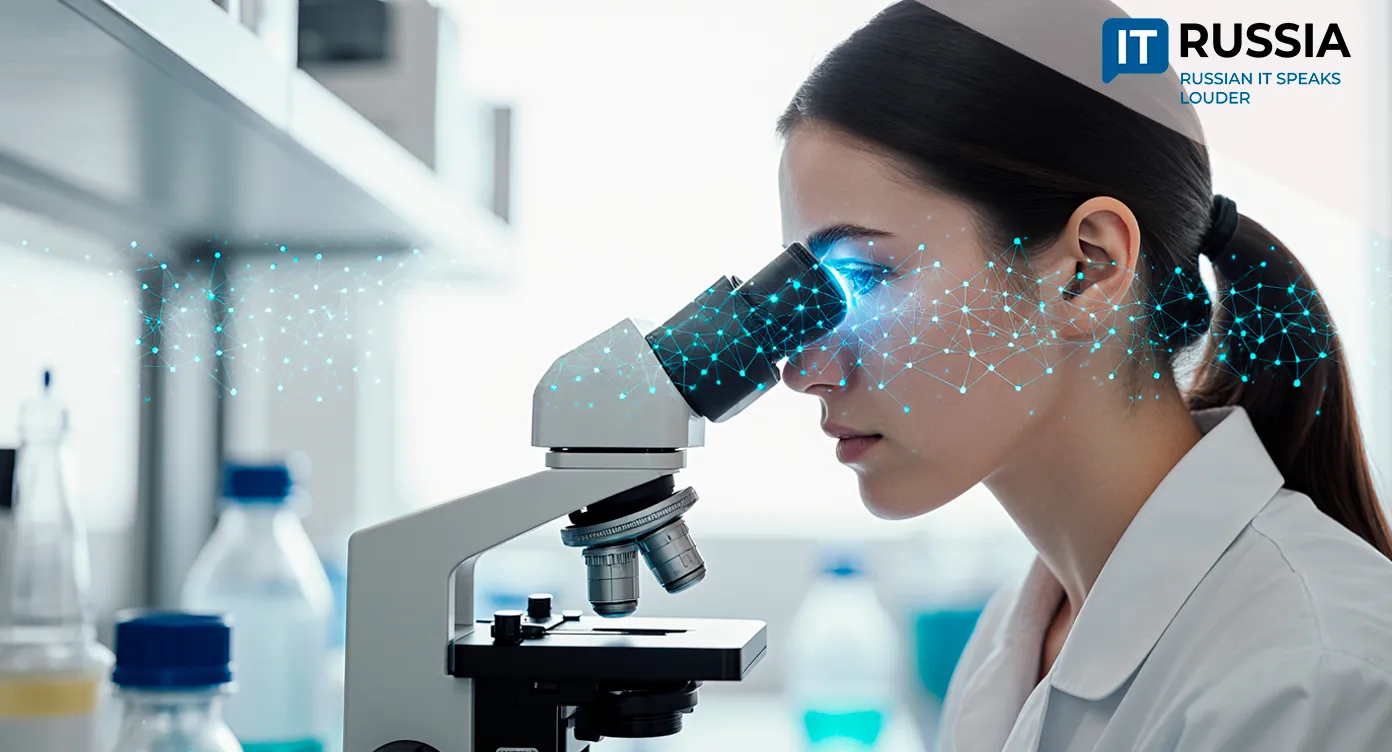When a Coffee Machine Becomes a Data Tool: How Russian Supermarkets Are Embracing IoT
Russia’s digital economy is extending beyond large-scale national projects into the everyday realities of business. Even a coffee machine is turning into a source of data, a marketing tool, and a managed device — and one major retailer is showing how it works in practice.
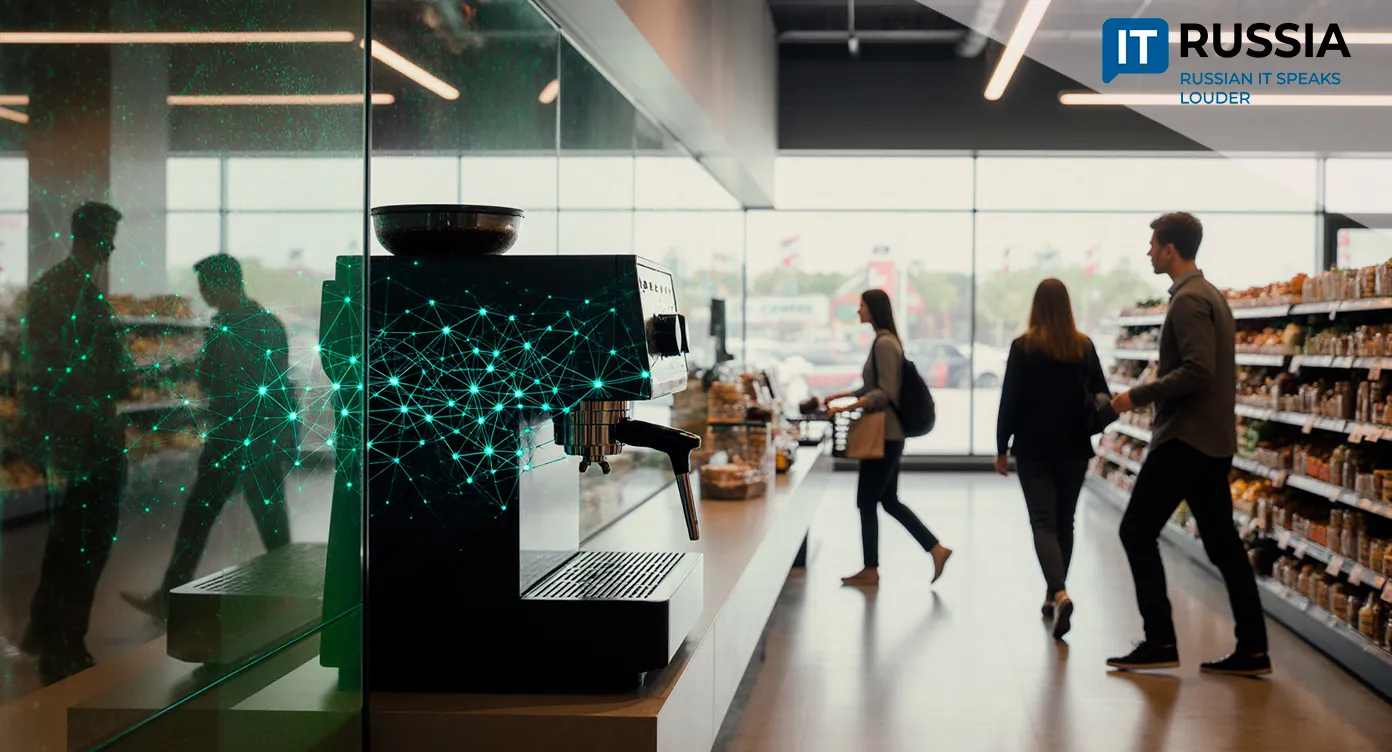
From Pilot to Nationwide Rollout
In Russia, supermarket visits are increasingly about more than groceries — fresh coffee is now part of the experience. In the first half of 2025, customers at Pyaterochka, one of the country’s largest retail chains, bought over 100 million cups of coffee. Daily demand surpasses 600,000 servings, keeping the machines in constant operation.
To manage this scale efficiently, the retailer turned to the Internet of Things (IoT). In September, Pyaterochka launched a pilot program involving remote monitoring for 1,000 stores. The test proved successful, and the company plans to expand the solution to all 20,000 locations nationwide. It’s a strong example of how digital transformation is reshaping Russian retail — one connected device at a time.
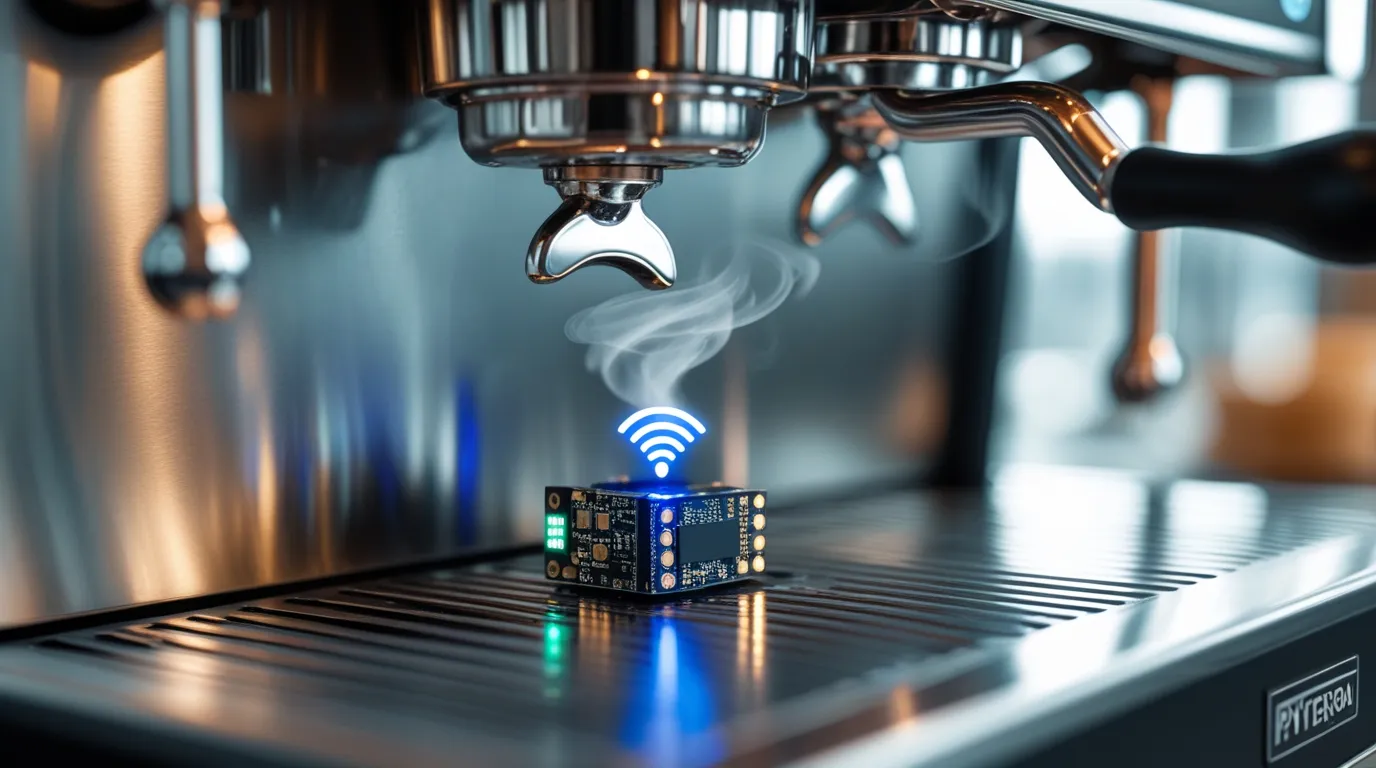
Automating Maintenance and Marketing
Built entirely on domestic IT solutions, the system provides real-time monitoring of coffee machines — tracking their status, ingredient levels, and service needs. It also generates behavioral insights, such as which drinks are most popular, at what times, and in which regions.
The days of dispatching technicians for routine inspections are ending. Predictive maintenance now ensures consistent service quality and fewer downtimes. Meanwhile, analytics allow the retailer to fine-tune inventory and tailor promotions based on consumer preferences, effectively enabling personalized marketing.
Toward the "Smart Store" Era
The Pyaterochka project demonstrates how IoT and Big Data are making inroads into mainstream retail — a sector once seen as too fragmented for such technology. Following the pilot’s success, the company plans to expand telemetry to other systems, including refrigerators, bakery equipment, self-service food stations, and checkout terminals. This evolution would turn each store into a smart node within a nationwide data ecosystem.
Customer behavior analytics will also drive location-based marketing — for example, offering discounted cappuccinos in business districts during morning rush hours, or chocolate lattes in residential areas. Such data-driven personalization is already a global retail trend, and Russia’s domestic IT architecture could serve as a foundation for export-ready B2B solutions in allied markets.
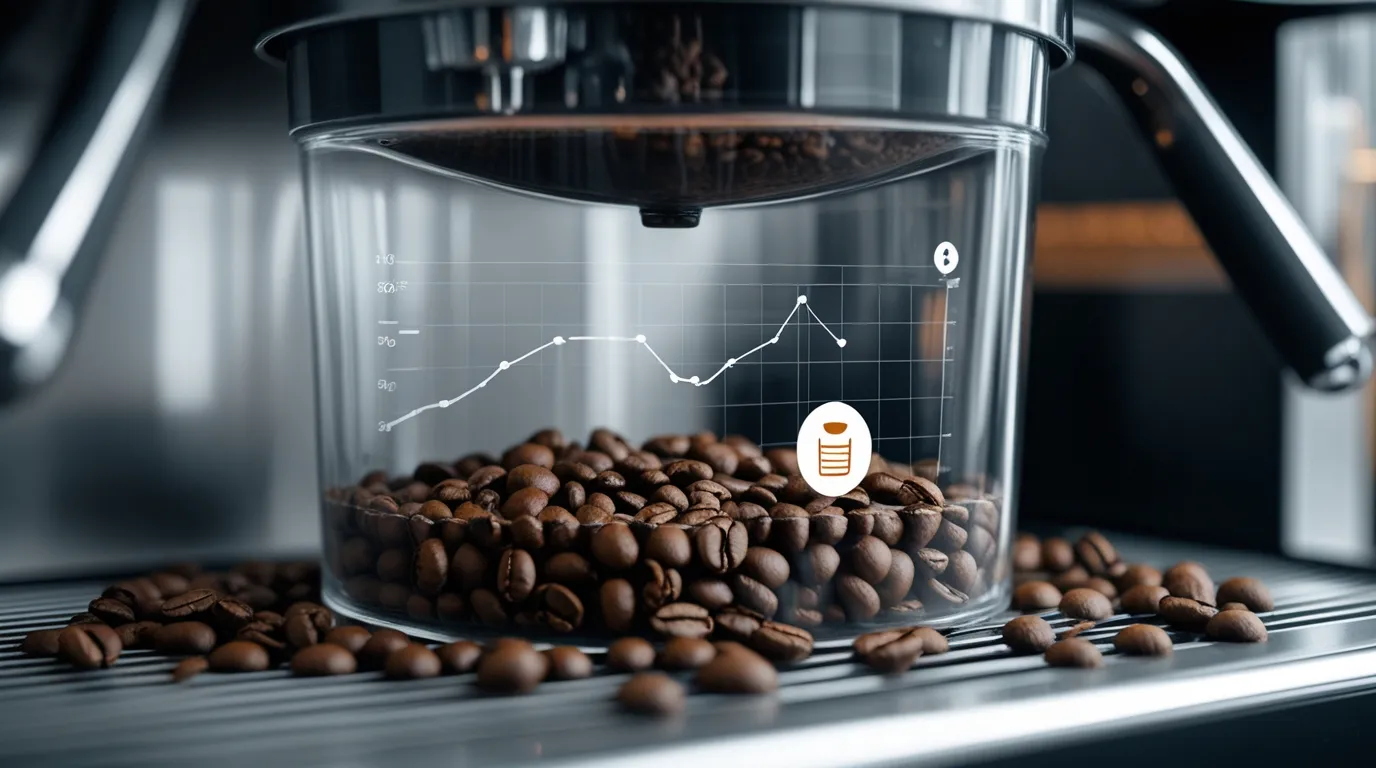
Russian Retail Goes Digital
Over the past five years, Russia’s retail sector has seen a clear digitalization trend. For instance, the supermarket chain Perekrestok implemented its "smart store" system by late 2024, automating equipment management across multiple locations. The results were immediate — a 10% reduction in electricity consumption and a 10-hour improvement in response time to maintenance issues.
By the end of 2025, Perekrestok plans to deploy the smart store system in 80% of its outlets. Across the industry, the focus on efficiency through technology is driving demand for domestic IoT platforms, analytics software, and system integration services.

By 2030, digital operations are expected to become a baseline requirement for competitiveness in retail. Russia’s digital economy is no longer a concept — it’s becoming operational reality.



